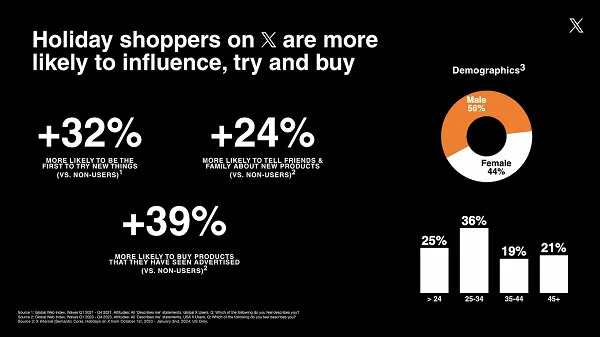# TikTok Pronounces New EU Knowledge Middle to Separate Person Information

Contemporary from being hit with one other large effective in EU over information transfers again to China, TikTok has introduced one other advance in its “Undertaking Clover” EU information separation undertaking, with a brand new information heart now set to be in-built Finland, offering one other means to maintain EU person information separate from its Chinese language mum or dad.
Undertaking Clover is TikTok’s grand plan to make sure separation of EU person information, in alignment with regional guidelines, by creating information facilities for European person information inside EU borders. Already, Undertaking Clover has seen the activation of recent information facilities in Norway and Eire, with its Finnish undertaking set to supply extra capability to maintain EU person information remoted.
As defined by TikTok:
“Via a €1 billion funding, a brand new information heart shall be in-built Kouvola by native developer HyperCo Oy. This undertaking is a core a part of Undertaking Clover, our €12 billion initiative which is delivering industry-leading protections for the information of our 175 million-strong European neighborhood.”
TikTok has hoped that Undertaking Clover, very similar to its “Undertaking Texas” within the U.S., would meet regulatory necessities, and supply the mandatory assurance that the corporate just isn’t transferring individuals’s private information again to China, the place it could be handed onto the Chinese language authorities.
European GDPR protections on this entrance are very specific, and as famous, earlier this week, the Irish Knowledge Safety Fee (DPC) issued a €530 million ($US341 million) to the corporate for infringements of mentioned rules.
TikTok has vowed to problem the ruling, and has as soon as once more reiterated that it has by no means acquired a request for European person information from the Chinese language authorities, and has by no means supplied European person information to them.
However strive as it would, TikTok has nonetheless confronted a variety of associated penalties in Europe and the U.S., attributable to considerations that its techniques are intrinsically tied to the CCP, and could possibly be used for nefarious objective.
And to at the very least some extent, there may be precedent to help that considering.
For years, CCP-supported operatives have been utilizing nearly each Western social media platform to seed pro-China narratives, typically by utilizing pages and profiles to distribute actual information and data, with a purpose to construct an viewers, then injecting politically-aligned, pro-CCP messages into the combo.
In 2022, for instance, Google disrupted over 50,000 cases of a Chinese language affect program referred to as “Dragonbridge” throughout YouTube, Blogger, and AdSense, whereas Meta has additionally detected many cases of Chinese language affect operations, with the corporate eradicating virtually 5,000 Fb profiles linked to at least one such program in a single quarter in 2023. Simply final 12 months, within the lead-up to the U.S. election, Microsoft warned that it had discovered varied Chinese language-based teams searching for to affect voters by way of coordinated social media exercise.
Given the size of such actions in different social media apps, it stands to motive that TikTok, which is extra straight accessible by those self same operatives, can be much more of a vector for such, and that’s seemingly what cybersecurity officers have been warning about of their categorized briefings.
However on the similar time, TikTok has now spent billions on its varied information separation tasks, and it might appear counterproductive to undermine that by enabling meddling from Chinese language teams.
However the considerations stay, which is why TikTok continues to be technically banned within the U.S., and why EU authorities proceed to analyze and prosecute the app for violations of knowledge sharing guidelines.
Hopefully, for TikTok’s sake, Undertaking Clover will tackle this, however even as soon as absolutely enacted, it is probably not sufficient to satisfy the entire EU necessities.
Andrew Hutchinson




